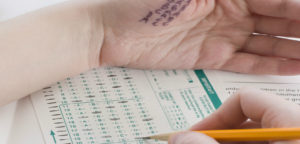
The Students Teachers Dislike
Have you ever disliked a student? That’s not a feeling most of us want to admit, but we are human and that means not kindly disposed toward everyone. In recent surveys (Boysen et al., 2020, 2021), about 50 percent of faculty in two cohorts, one









